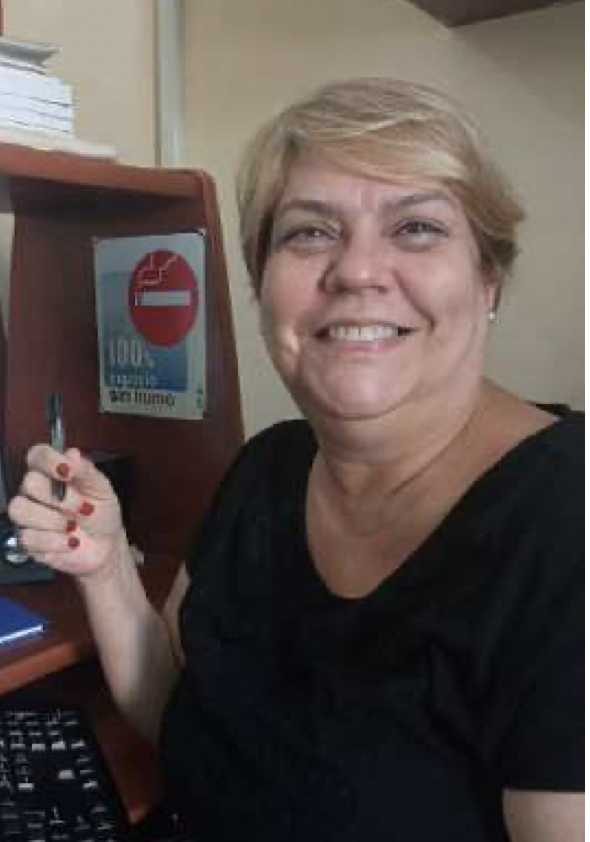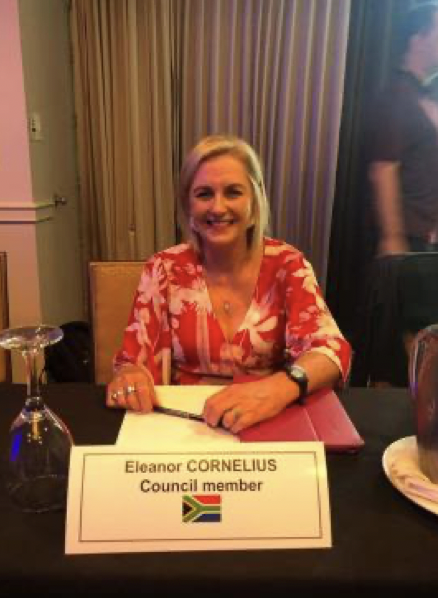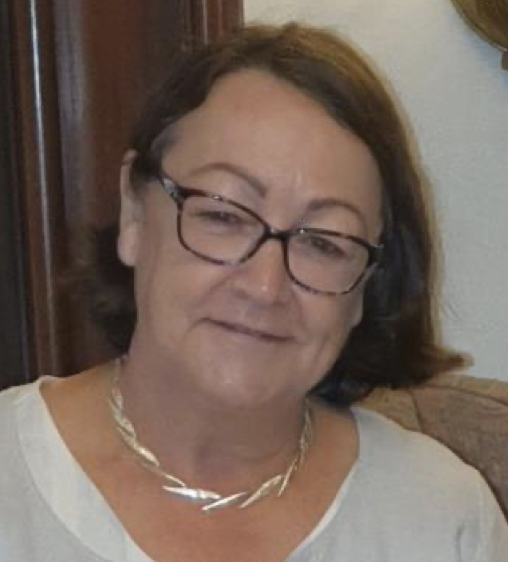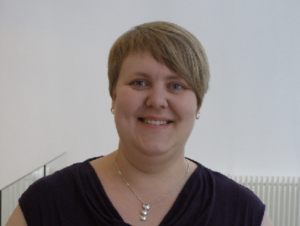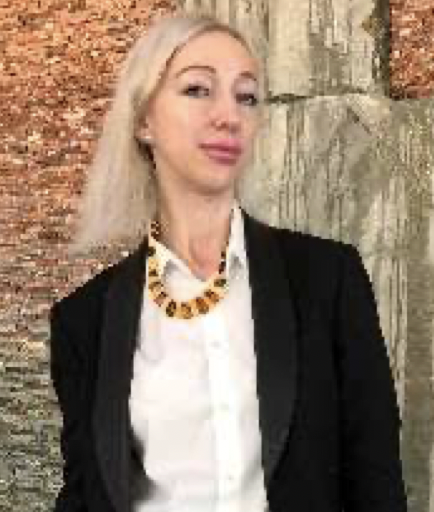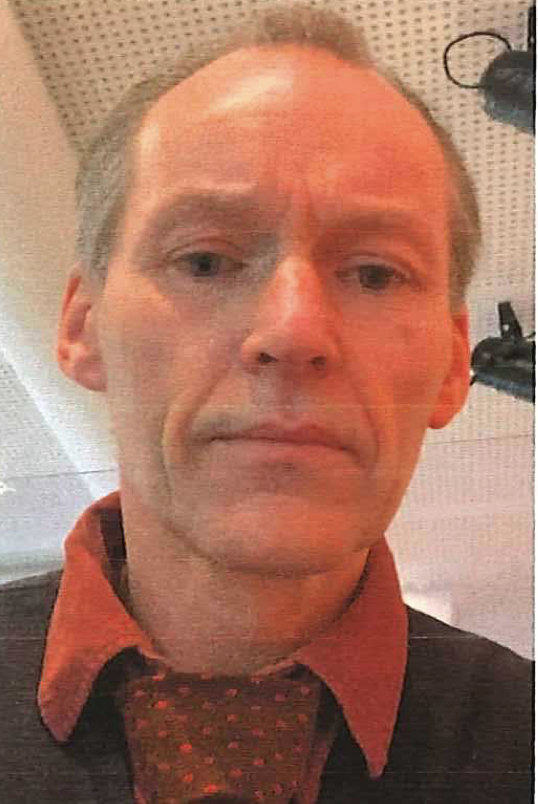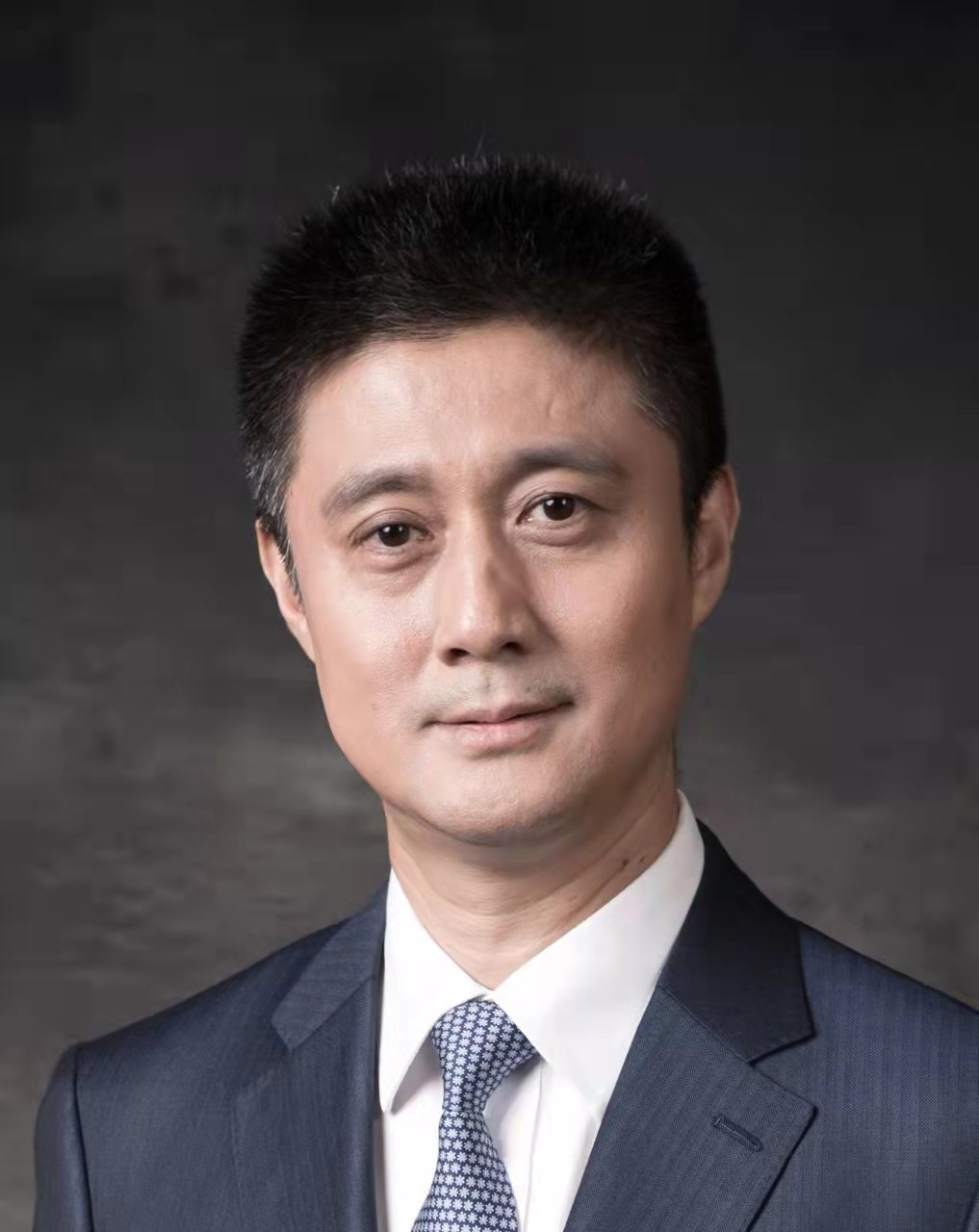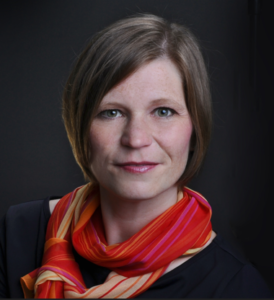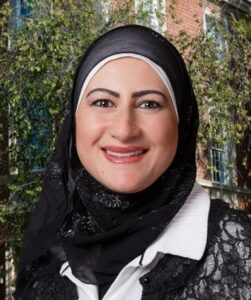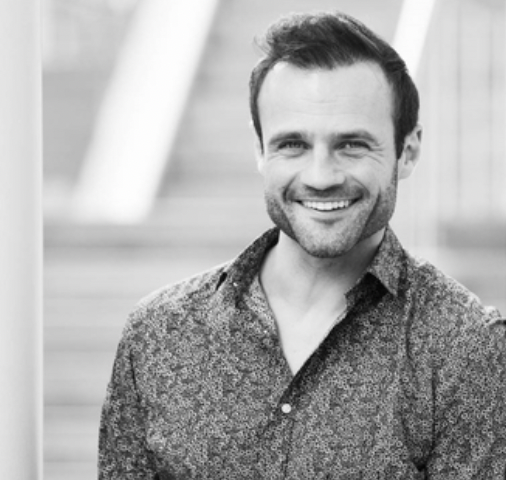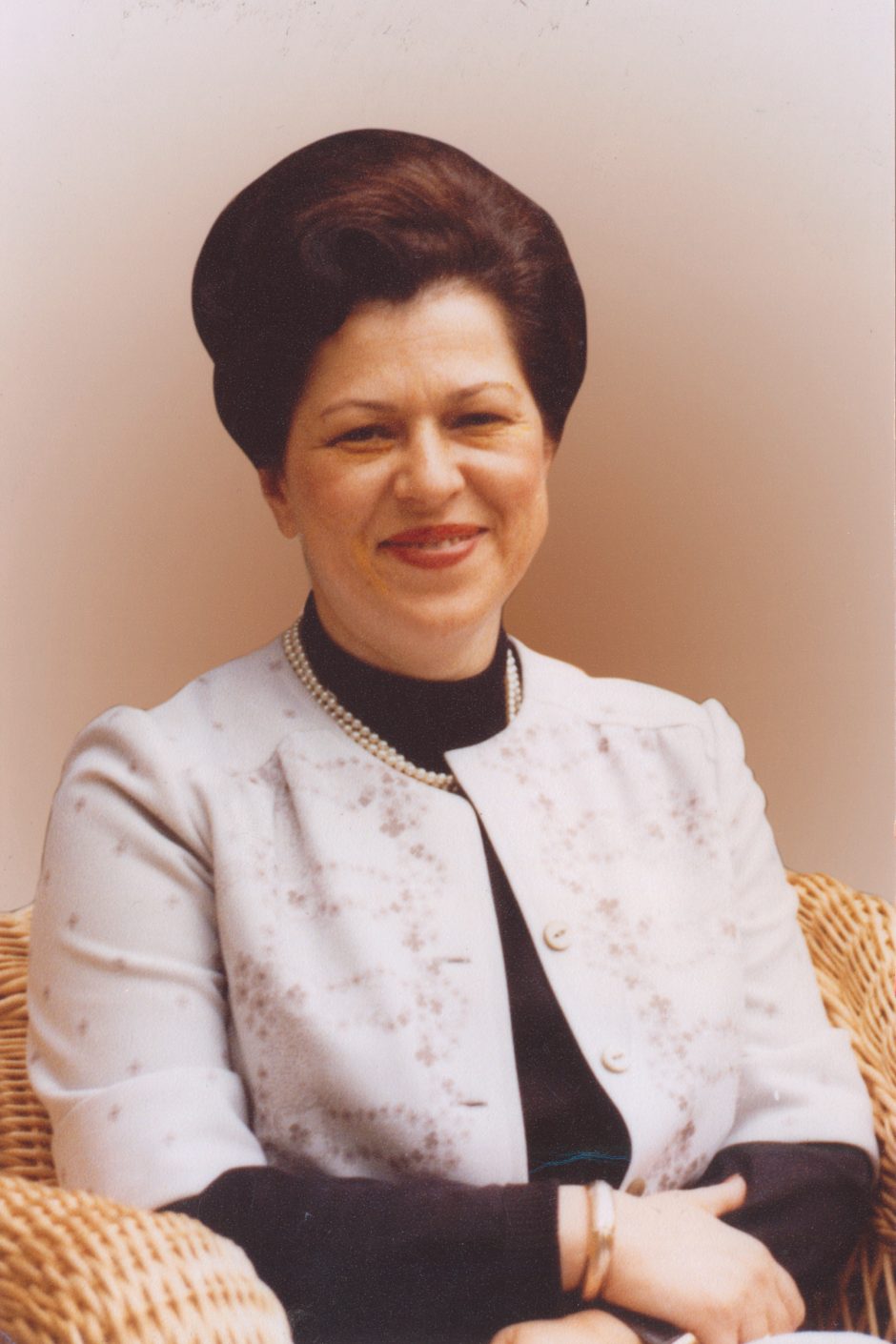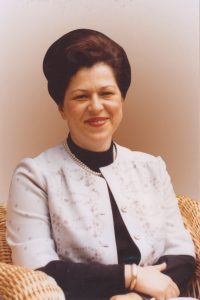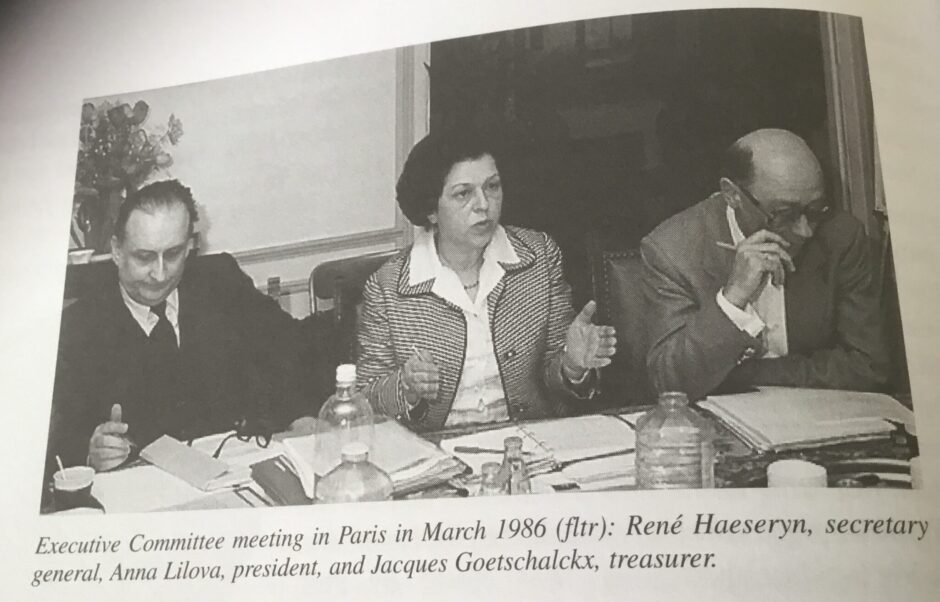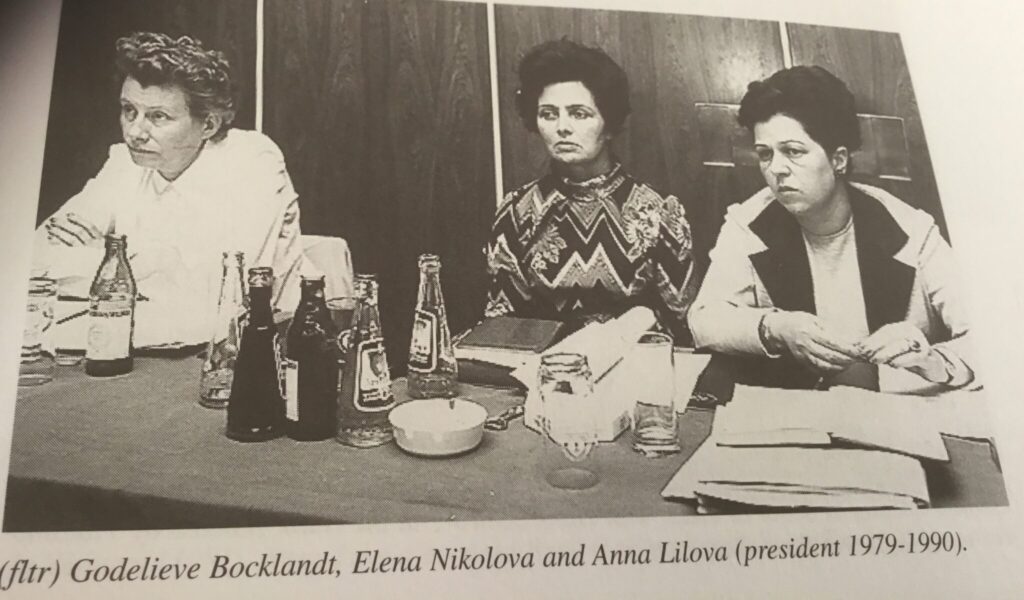Governing Bodies
FIT’s supreme body is the statutory congress, which is held every three years. It brings together delegations from the member associations, and it elects the Council, which in turn elects its Executive Committee and directs FIT until the next world congress. The governing bodies are supported by different committees, which report to the Council annually about their activities, and to the congress. The statutory congress is followed by an open congress, which is an outstanding platform for exchanges among all professionals in the profession.
Committees and Task Forces
The Federation, through its committees and task forces, undertakes to meet the various expectations of its members by addressing matters of training, conditions of work, the various aspects of the profession, and the categories of translators, interpreters and terminologists. To take part in the work of one of them is an individual contribution to the profession as a whole.
Secretariat
FIT has a part-time secretariat. The secretariat is the anchor for FIT’s membership administration and activities. The secretariat works closely with the EC and Council and relevant task forces.
Regional Centres
Three regional centres are currently active: FIT Europe, FIT Latin America and FIT North America. A fourth centre is being considered in Asia. These centres foster the activities of FIT in their regions, organising meetings to strengthen exchanges between member associations on any questions concerning the profession, and liaising with the FIT Council.
FIT Europe
FIT Europe is a regional branch of the International Federation of Translators. FIT Europe’s mission is to represent the interests of translators, interpreters and terminologists in Europe. To achieve this, FIT helps member associations exchange information, experience and best practices. It also represents these associations to EU institutions, as well as liaising with other stakeholders in the translation field.
Services to translators include surveys of working conditions and other specific aspects of the profession. FIT is actively involved in standardization and certification projects, while its code of ethics outlines definitions of best professional practice.
Visit the FIT Europe website at fit-europe-rc.org.
FIT North America
FIT North America is a regional Centre of the Fédération Internationale des Traducteurs / International Federation of Translators. As a Regional Centre of FIT-IFT, we work to promote translation, interpreting, and allied professions in Canada, Mexico, and the United States.
FIT LatAm
FIT LatAm was organized in 2003 under the name Regional Centre Latin America (CRAL) to serve the interests of FIT members and to facilitate, promote and support the aims and efforts of FIT as a whole, pursuant to the Mission Statement for the establishment of FIT Regional Centres and for FIT Regional Centre activities, as adopted by the FIT Executive Committee in Brussels (January 1998) and ratified by the FIT Council in Geneva (April 1998).
Its objectives include fostering ongoing training and education; creating new professional associations and encouraging them to join FIT; promoting sound intellectual property policies and professional standards; developing institutional relationships between associations and educational institutions; and raising awareness about the importance of the profession, among others.
FIT LatAm’s geographical coverage includes Spanish and Portuguese-speaking countries in the Americas.


